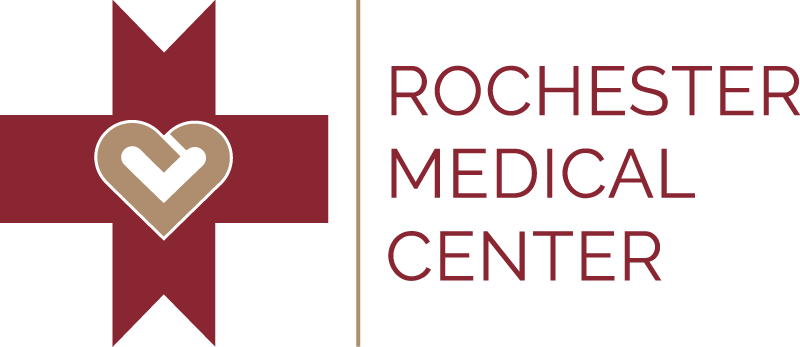Pulmonary rehabilitation plays a pivotal role in enhancing respiratory health and quality of life for individuals with lung conditions. At Rochester Medical Center, we provide comprehensive pulmonary function testing tailored to meet the unique needs of each patient. This blog will explore the importance of pulmonary function tests (PTFs) in guiding rehabilitation programs and monitoring progress to ensure optimal outcomes.
The Role of Pulmonary Function Tests
Pulmonary function tests (PFTs) are diagnostic tools used to assess lung function and identify respiratory impairments. These tests measure various aspects of lung function, including lung capacity, airflow, and exchange, providing a valuable understanding into a patient’s respiratory health. By evaluating lung function with PFTs, healthcare providers can accurately diagnose lung conditions, determine the severity of impairment, and develop personalized treatment plans. PFTs serve as the foundation for pulmonary rehabilitation programs, guiding interventions to improve lung function and enhance overall respiratory health.
How PFTs Guide Pulmonary Rehabilitation Programs
Pulmonary rehabilitation programs are designed to improve the function capacity and quality of life for individuals with chronic respiratory conditions. PFTs are an essential function in directing the development of these programs by providing baseline assessments of lung function and identifying areas of impairment. Based on the results of PFTs, healthcare providers can tailor rehabilitation interventions to address specific deficits and education on self-management strategies. Regular monitoring of lung function throughout the rehabilitation process allows for adjustments to treatment plans, ensuring that interventions remain effective and aligned with patient goals.
Monitoring Progress and Adjusting Treatment Plans
Monitoring progress is a main component of pulmonary rehabilitation, allowing healthcare providers to track the effectiveness of interventions and make necessary adjustments to treatment plans. PFTs are used to assess changes in lung function over time, providing objective data on the response to rehabilitation interventions. By monitoring progress with PFTs, healthcare providers can identify improvements in lung function, adjust treatment intensity or modalities as needed, and address any barriers to achieving optimal outcomes. Regular follow-up assessments ensure that rehabilitation programs remain tailored to the evolving needs of each patient, maximizing the potential for long-term respiratory health and well-being. At Rochester Medical Center, we are committed to delivering comprehensive pulmonary rehabilitation services that inspire patients to breathe easier and live life to the fullest.



